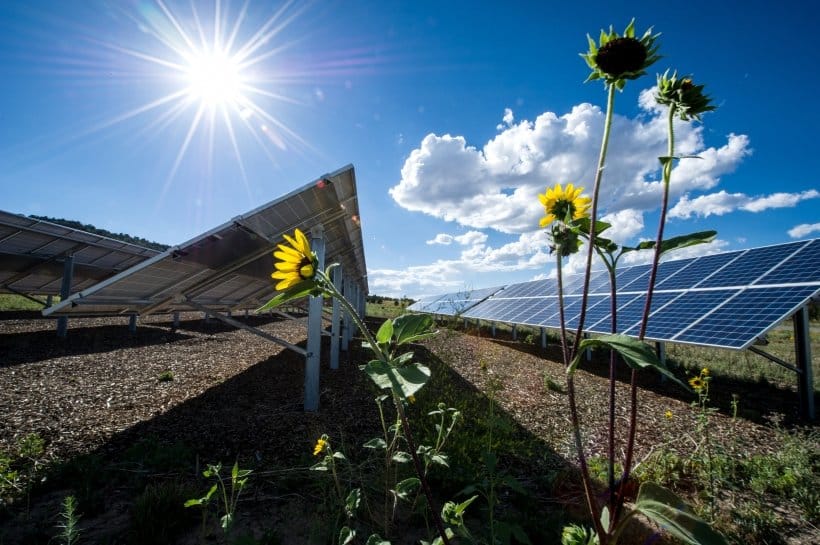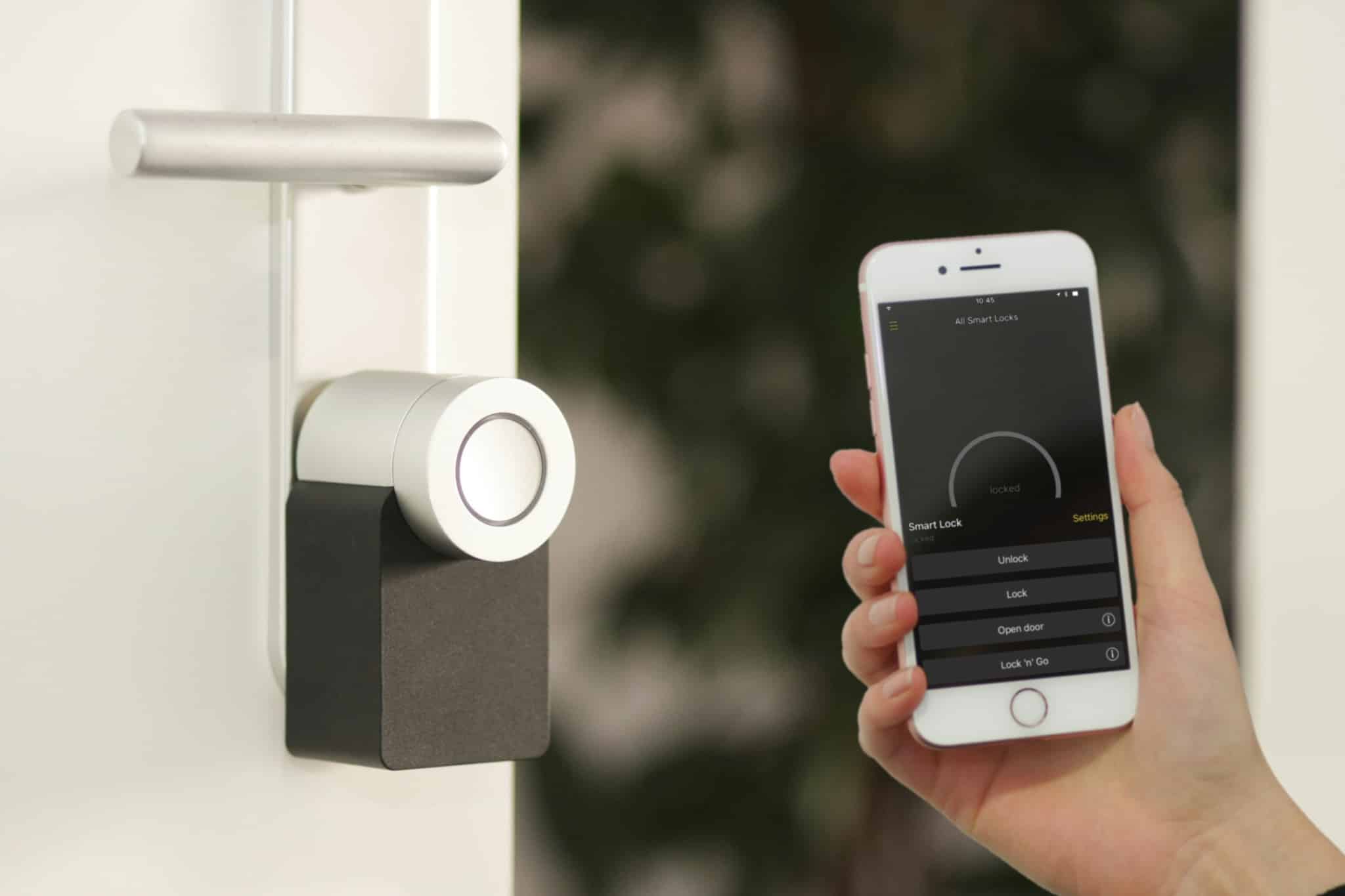The Rise of Renewable Energy Solutions for Homes
As the world races towards sustainability, renewable energy has become a focal point in mitigating climate change. The need for sustainable living has sparked interest in integrating these energy solutions into residential settings.
The transformation is not merely about reducing emissions but also revolves around creating resilient energy systems that empower homeowners. Companies like Energy Texas are at the forefront of this movement, redefining how home energy is perceived and consumed.
By innovating with renewable solutions, they provide alternatives that align with the global shift towards eco-friendly living.
Types of Renewable Energy Solutions
Homeowners today have a variety of renewable energy solutions at their disposal, each with its unique benefits.
Solar panels, long revered for their efficiency and decreasing costs, are a crowd favorite, seamlessly converting the abundant sunlight into electricity.
Meanwhile, wind energy, harnessed using domestic turbines, presents another compelling option, especially for those in geographic areas with high wind speeds.
Geothermal solutions offer consistent energy by exploiting the Earth’s internal heat—a reliable source that remains stable year-round, unlike other renewable options that can fluctuate.
Exploring the wide range of options is essential for homeowners eager to take the plunge. The Department of Energy offers extensive resources for further insights into these technologies.
Benefits of Renewable Energy for Homeowners
Switching to renewable energy isn’t just a win for the planet; it’s a boon for homeowners in many surprising ways.
Environmentally, such systems play a pivotal role in decreasing dependency on fossil fuels—heartening news for those concerned about reducing their carbon footprint. Economically, the up-front investment can lead to substantial savings in utility bills over time.
On a local level, these systems generate jobs in installation and maintenance, helping bolster community economies.
Furthermore, properties with renewable energy systems can enjoy increased valuations, riding the growing consumer demand for sustainable and energy-efficient homes.
Financial Incentives and Savings
One of the driving forces behind adopting renewable energy is the array of financial incentives governments and local authorities offer.
These incentives come in various forms, such as tax credits, rebates, and grants, making it financially feasible for homeowners to leap.
For instance, federal tax credits can significantly offset the upfront cost of systems like solar panels, reducing economic barriers.
As these systems start generating energy, the savings on electricity bills accumulate, enabling homeowners to recoup their investments faster. To explore a variety of Energy Savings Programs, consumers can take advantage of existing resources to maximize their savings potential.
Challenges and Considerations
Despite its many benefits, the transition to renewable energy has its challenges. Initial setup costs can be daunting, even with available incentives.
Prospective adopters must carefully weigh these expenses against potential long-term savings. In addition, worries about the need for maintenance and weather-related variations in energy output are essential considerations when making decisions.
Homeowners must conduct thorough research and enlist professional evaluations to tailor solutions to their sites and needs. This consideration ensures the chosen systems are practical and efficient for their intended environment.
The Future of Residential Renewable Energy
The future of renewable energy in residential contexts is shimmering with potential. Technological advancements lead to more intelligent, affordable energy solutions that integrate seamlessly with modern smart homes.
Innovations such as energy storage batteries and AI-driven management systems are setting new standards, optimizing the efficiency of renewable installations.
These technologies support a self-reliant energy ecosystem, reducing reliance on grid power and giving homeowners greater control over their energy consumption.
As these trends evolve, the vision of truly sustainable, independent homes becomes more attainable.
Conclusion
Renewable energy is more than a trend; it is essential to a sustainable future. For homeowners, it offers an opportunity to contribute positively to environmental conservation while enjoying significant financial benefits.
As technology develops and becomes more accessible, more households will be able to take part in this energy revolution.
By exploring and investing in renewable options, homeowners can capitalize on personal and economic advantages and support the collective goal of a sustainable and energy-independent society.







